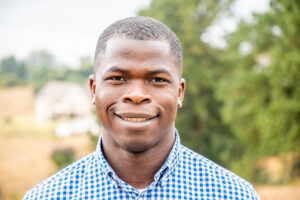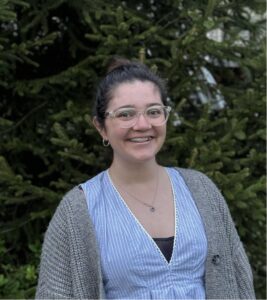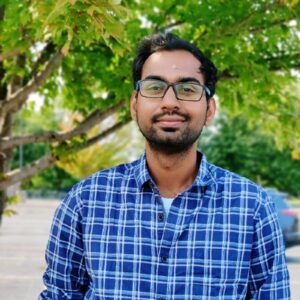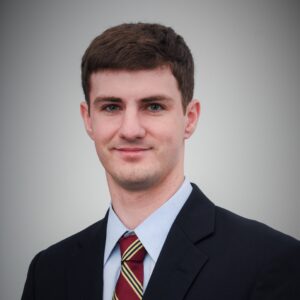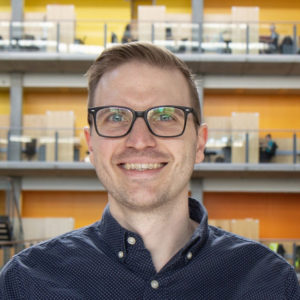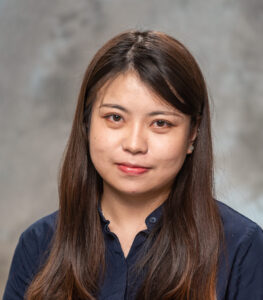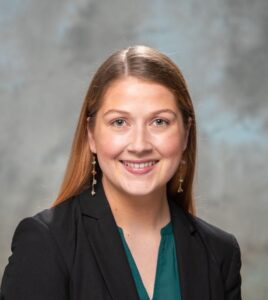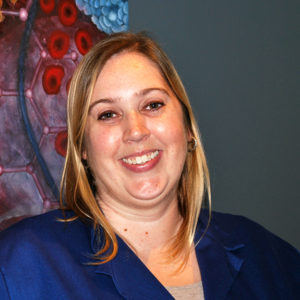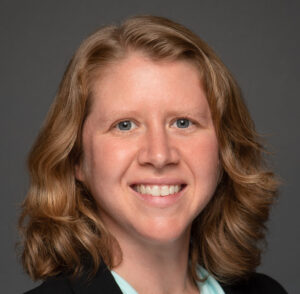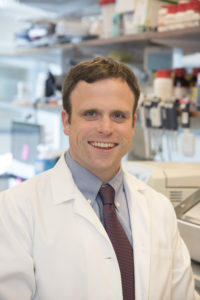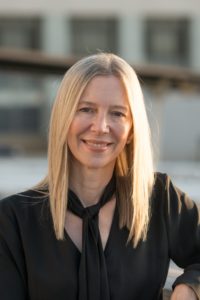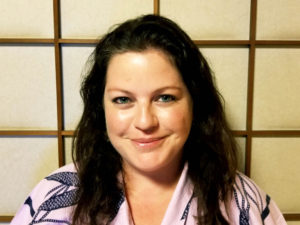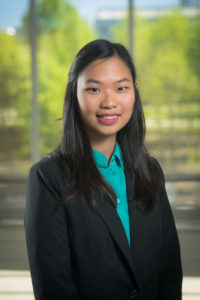Arum Han
Dr. Arum Han is a Professor in the Department of Electrical and Computer Engineering and also in the Department of Biomedical Engineering (courtesy joint appointment) at Texas A&M University (USA). He joined Texas A&M University in 2005 as an Assistant Professor. He is also a faculty of the Texas A&M Health Science Center and the Texas A&M Institute for Neuroscience. He received his Ph.D from the Georgia Institute of Technology in 2005, his M.S. from the University of Cincinnati in 2000, and his B.S. from the Seoul National University in 1997, all in electrical engineering.
His research interests are in solving grand challenge problems in the broad areas of health and energy through the use of micro/nano systems technologies. His work in these areas has focused on the development of high-throughput lab-on-a-chip systems for single-cell-resolution assays, synthetic biology and biotechnology applications, as well as development of organ-on-a-chip systems through
He has co-authored more than 80 peer-reviewed publications and has received funding from the Bill and Melinda Gates Foundation, NIH, NSF, DARPA, DTRA, USDA, U.S. Army Corp of Engineers, Qatar National Research Foundation (QNRF), and several other international sponsors and private companies. He currently serves as the editorial board member of the journal PLoS ONE, Algal Research, and Biotechnology and Bioprocess Engineering, as well as associate editor for the journal Biomedical Microdevices.
He is a Texas A&M Engineering Experiment Station (TEES) Fellow (2012), Eugene Webb Faculty Fellow of Texas A&M University (2014), recipient of the Engineering Genesis Award for Multidisciplinary Research from Texas A&M University (2014), recipient of the E. D. Brockett Professorship Award (2015), recipient of the Dean of Engineering Excellence Award (2016), and became the Presidential Impact Fellow of the Texas A&M University in 2017.
